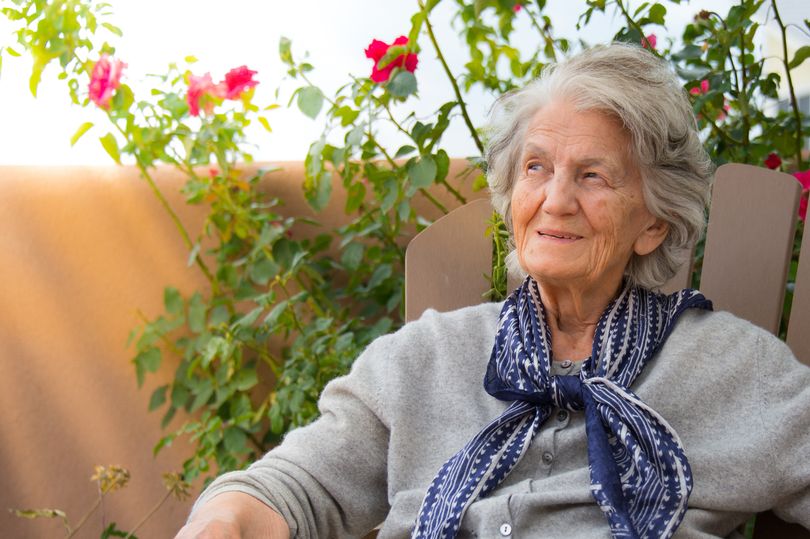One area of medical care that can really benefit from new technology is home care for people with mild to moderate dementia.
As part of a £4.4million pilot study, monitors and signalling systems are now working to keep patients safe and supported in their own homes.
Launched in January 2016 by NHS England and the Department of Health and Social Care, seven centres using the tech are evaluating how healthcare for patients with long-term health problems could be modernised.

This involves a team remotely tracking the physical and mental wellbeing of people round the clock.
In one centre in Chertsey, Surrey, the team has four healthcare assistants, two senior nurses and an administrator who monitor patients with 22 devices in each home.
If a warning is triggered, it is colour coded, red being the most urgent and a siren blows for the highest priorities.
The project, called Technology Integrated Health Management (TIHM) for dementia, is evaluating the use of internet technology to monitor and support patients’ health, remotely and in real time.
If that isn’t a step forward I don’t know what is.

The team covers 101 homes in Surrey and North East Hampshire, with 103 homes in the area acting as a control group. Data from the devices can identify important or unusual changes in patients’ health/behaviour.
These include a blood pressure reading out of the normal range, whether they are drinking enough fluid, have wandered off, or have early signs of a urinary tract infection, such as using the bathroom more than usual, a temperature or wetting the bed.
The team can then decide whether to offer extra support.
This might involve a conversation with a carer to check everything is OK, or arranging a visit from an Alzheimer’s Society volunteer (called a dementia navigator), or referring the patient to a GP or even the emergency services.
The study is a first, pooling expertise from health, academic, voluntary and commercial technology partners.
Eight technology companies have jointly contributed more than £500,000 to the project.
The results? Well, frequent visits to A&E have stopped because people feel reassured and safer due to the monitors and devices.
A spokesman for the Surrey and Borders Partnership NHS Foundation Trust said that “while TIHM does refer people to their GP if necessary, that referral is likely to reduce the need for emergency GP visits and follow-ups”.
Let’s hope we can soon roll out this excellent scheme around the country.

